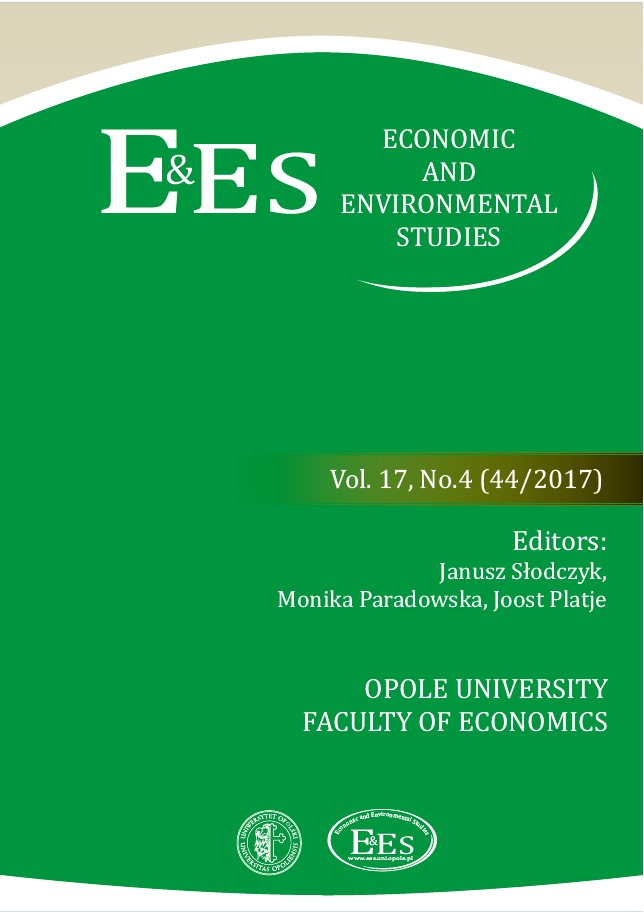Urban Jumble in Three Nigerian Cities: A Perception Study of Development Control Activities in Ibadan, Osogbo and Ado-Ekiti
Urban Jumble in Three Nigerian Cities: A Perception Study of Development Control Activities in Ibadan, Osogbo and Ado-Ekiti
Author(s): Oluwaseun Olowoporoku, Oluwole Daramola, Wilson Agbonta, John OGUNLEYEContributor(s): Monika Paradowska (Editor), Johannes (Joost) Platje (Editor), Janusz Słodczyk (Editor)
Subject(s): Economy
Published by: Uniwersytet Opolski
Keywords: Cities; development control; perception; jumble; Ibadan; Osogbo; Ado-Ekiti
Summary/Abstract: Purpose – The purpose of this paper is to examine residents’ perception of development control activities in three capital cities in Nigeria (Ibadan, Osogbo and Ado-Ekiti). This came about based on the recognition that jumble development hinders economic and environmental sustainability in cities. The perception study becomes imperative since perception is adjudged a tool for proffering solution to different problems in the different human endeavours and a method of getting policy information from the people that will be eventual subjects of the policy. Design/methodology/approach – The study used household survey through questionnaire administration. The three capital cities were stratified into local government areas (LGAs). One local government area was selected in each of the cities. Due to homogeneity of the cities in the nomenclature of political wards, two political wards were selected in each of the local government in the capital cities. Across the cities, a total of 223 residents were systematically sampled on which the designed questionnaires were administered. Findings – The study revealed that residents agreement and satisfaction with function of development control agencies decreases with the age of the city. Impliedly the age of the city is inversely proportional to residents’ agreement and satisfaction with development control activities. The study concluded that economic and environmental sustainability of cities is dependents on citizens’ embracement of development control activities. Research implications – The study is capable of generating hypotheses for future research in the area of environmental studies, especially in the global south.Practical implications – The findings and recommendations of this study can provide information on future policy making, review and implementation on development control and other related issues in environmental studies both in the cities and others with similar setting.
Journal: Economic and Environmental Studies
- Issue Year: 17/2017
- Issue No: 4 (44)
- Page Range: 795-811
- Page Count: 17
- Language: English

